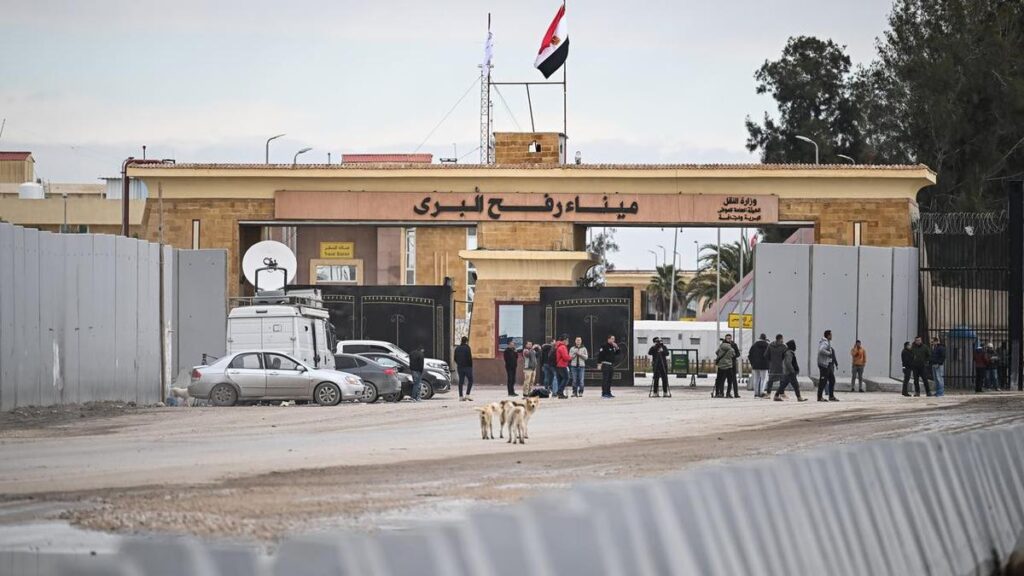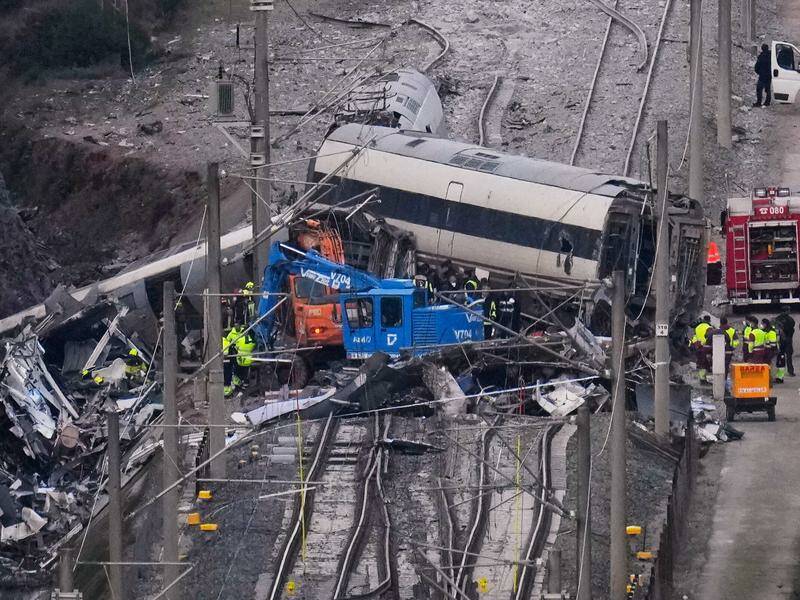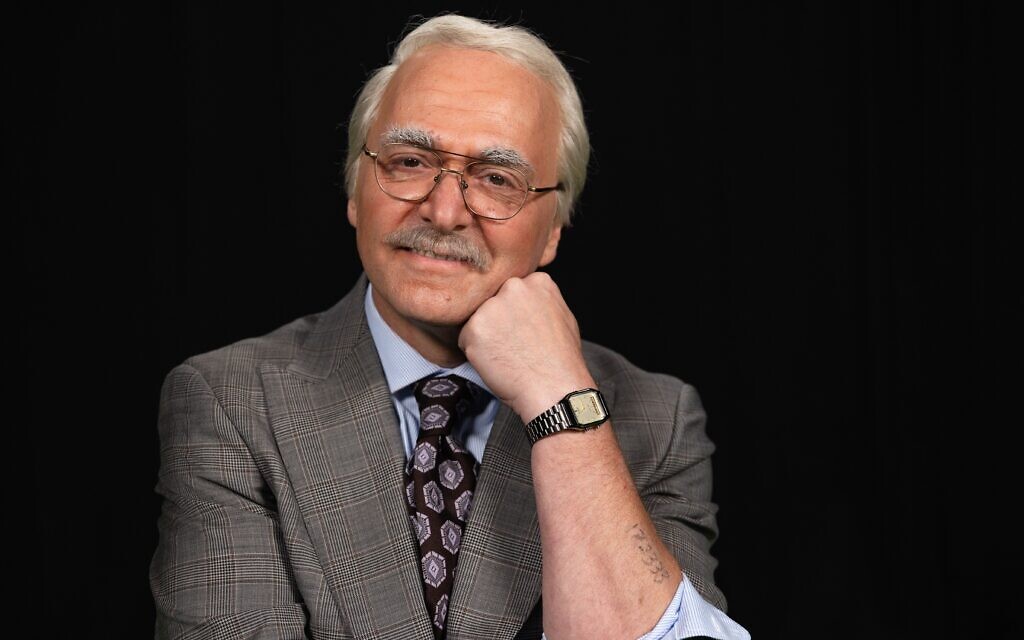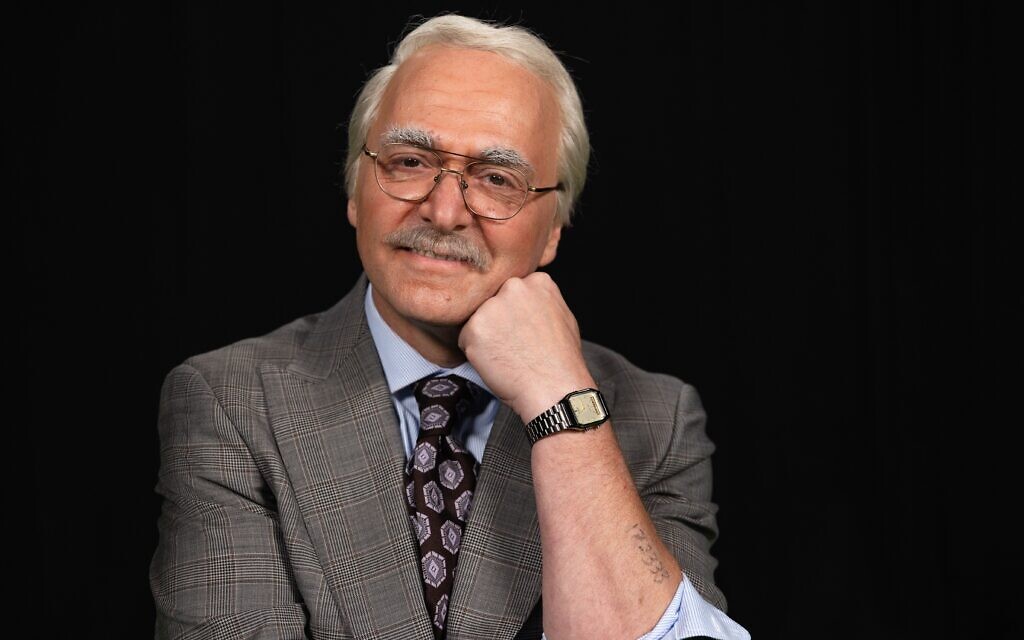
BREAKING: The Rafah border crossing between Gaza and Egypt will remain closed until further notice, according to Israeli Prime Minister Benjamin Netanyahu. The crossing’s reopening hinges on Hamas delivering the bodies of deceased hostages, a situation that underscores the fragile nature of the ongoing ceasefire.
Netanyahu’s announcement came shortly after the Palestinian embassy in Egypt indicated that the Rafah crossing would reopen for entry into Gaza on Monday. However, this plan has been disrupted by Hamas, which announced it will hand over two more hostage bodies at 10 PM local time on the same day. To date, Hamas has returned only 12 out of 28 bodies to Israel as part of a US-brokered ceasefire and hostage deal.
The ongoing dispute over the return of these bodies raises serious concerns about the stability of the ceasefire and the broader peace efforts put forth by US President Donald Trump. The agreement includes the release of all 20 living Israeli hostages held by Hamas in exchange for nearly 2,000 Palestinian detainees and convicted prisoners in Israel. However, Israel claims that Hamas is lagging in its commitment to return the deceased hostages, which complicates the situation further.
So far, Hamas has returned just 10 of 28 bodies and cites the vast destruction in Gaza as a reason for delays in locating the others. Under the ceasefire terms, Israel is expected to return 360 bodies of Palestinian militants for each Israeli body returned. To date, Israel has handed over 15 bodies for each Israeli body received.
The Rafah border has been largely closed since May 2024, severely limiting access for Gazans. The ceasefire deal also aims to ramp up humanitarian aid to the region, where hundreds of thousands of individuals are experiencing severe food insecurity, as reported by the IPC global hunger monitor. Following a significant reduction of supplies in March, Israel has increased aid to Gaza since July, averaging around 560 metric tons of food entering the region daily since the ceasefire was established.
Despite these efforts, aid levels remain critically low compared to the actual needs of the population, according to the UN World Food Programme. The complexities of Trump’s peace plan continue to pose formidable challenges, with unresolved issues surrounding Hamas disarmament, the governance of Gaza, the composition of an international stabilization force, and the future establishment of a Palestinian state.
As developments unfold, the situation remains tense, with the international community closely monitoring the fragile peace agreement and its implications for the region’s stability.
Stay tuned for more updates as this story develops.






